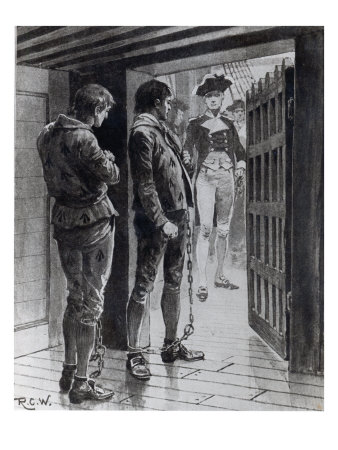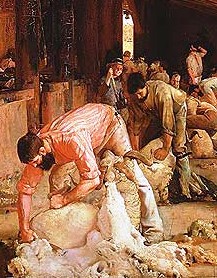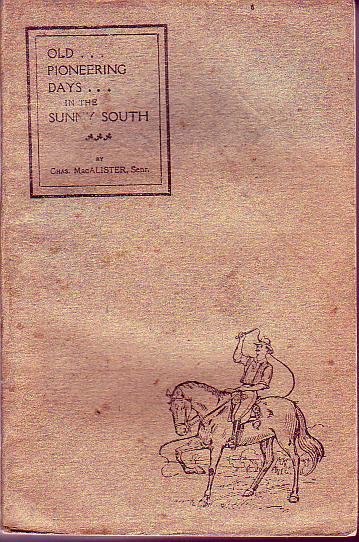
Chris Buch
The mob is dipped, the drive is started out
They're leaving Rockland's dusty sheds behind them
The whips are cracking and the drovers shout
Along the Queensland stock-roads you will find them
Droving ways have been like this for years
No modern ways have meant their days are over
The diesel road trains cannot know the steers
Or walk them down like Johnny Stewart, drover
CHORUS
On the banks of the Georgina and down the Diamantina
To where the grass is greener, down by New South Wales
Johnny Stewart's roving with mobs of cattle droving
His life story moving down miles of dusty trails
The cook is busy by the campfire light
Above a fire a billy gently swinging
The mob is settled quietly for the night
And Johnny's riding softly around and singing
Johnny doesn't spend much time in town
Impatient for the wet to be over
Most of the year he's walking cattle down
The stock roads are home for Johnny Stewart, drover
CHORUS
Dawn will surely find another day
Sun still chasing moon, never caught her
The morning light will find them on their way
Another push to reach the next good water
CHORUS
They're counted in now, Johnny's work is done
And fifteen hundred head are handed over
It's into town now for a little fun
And a beer or two for Johnny Stewart, drover
CHORUS
Written by Chris Buch, founder of the Isa Folk Club in Mt Isa, Central Queensland. Johnny Stewart was a real drover who Chris met at the club. The writing of the song was subsidised by a decision of the first formal meeting of the Australian Folk Trust to give Chris a grant of $200 in 1978,
There's a great story about Chris and the song on the North West Star website.
I first heard this song sung by Jan Davis at the Brisbane sessions in the 1980s.






























